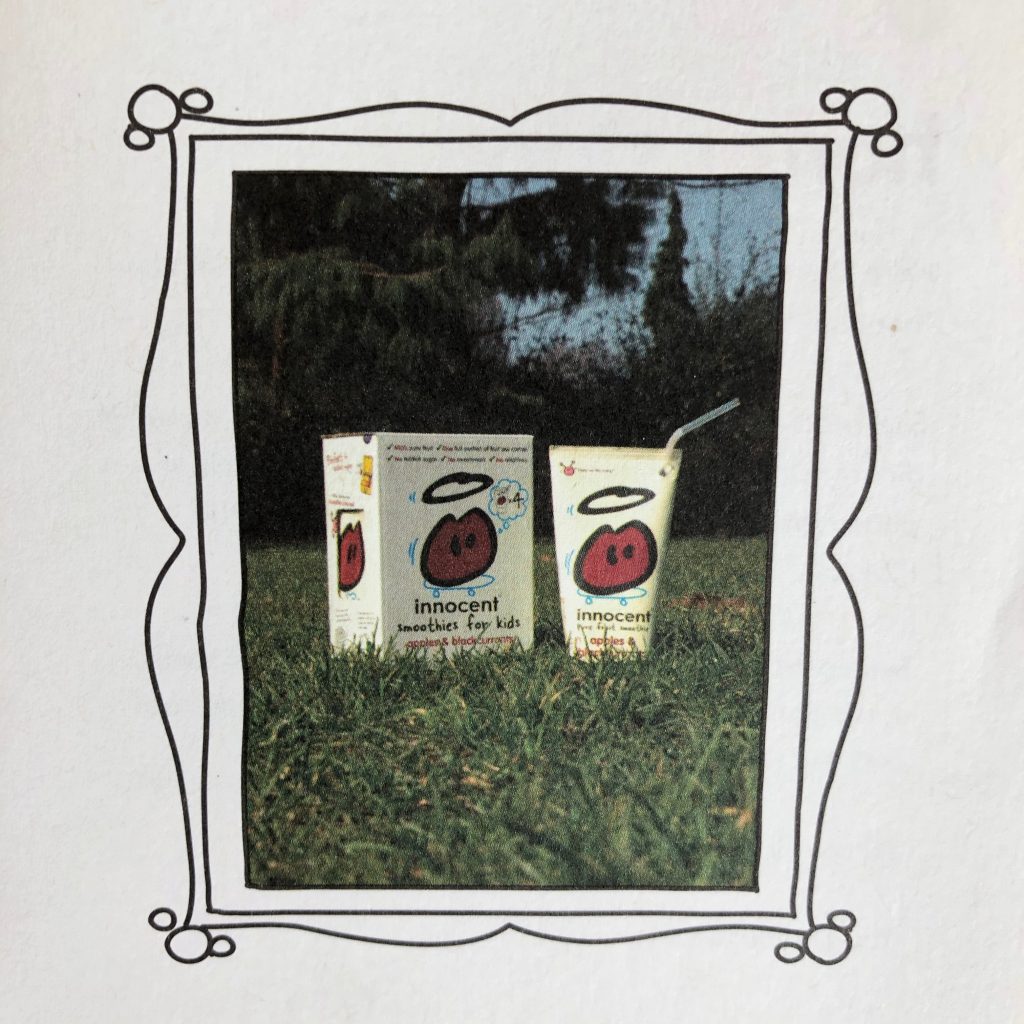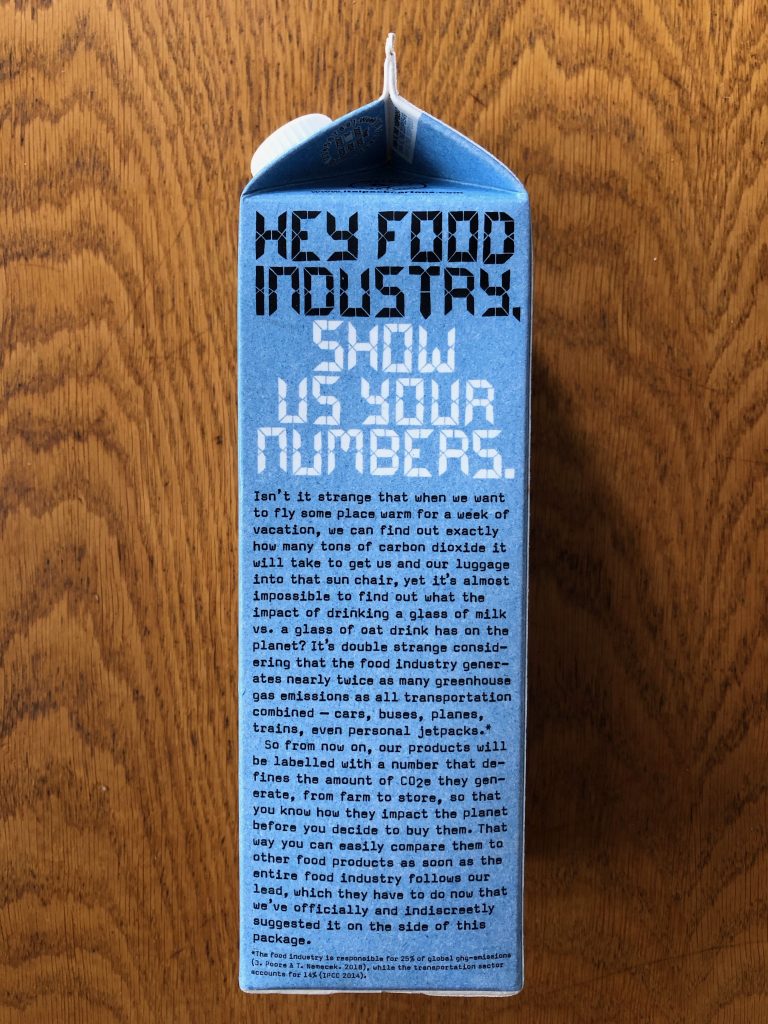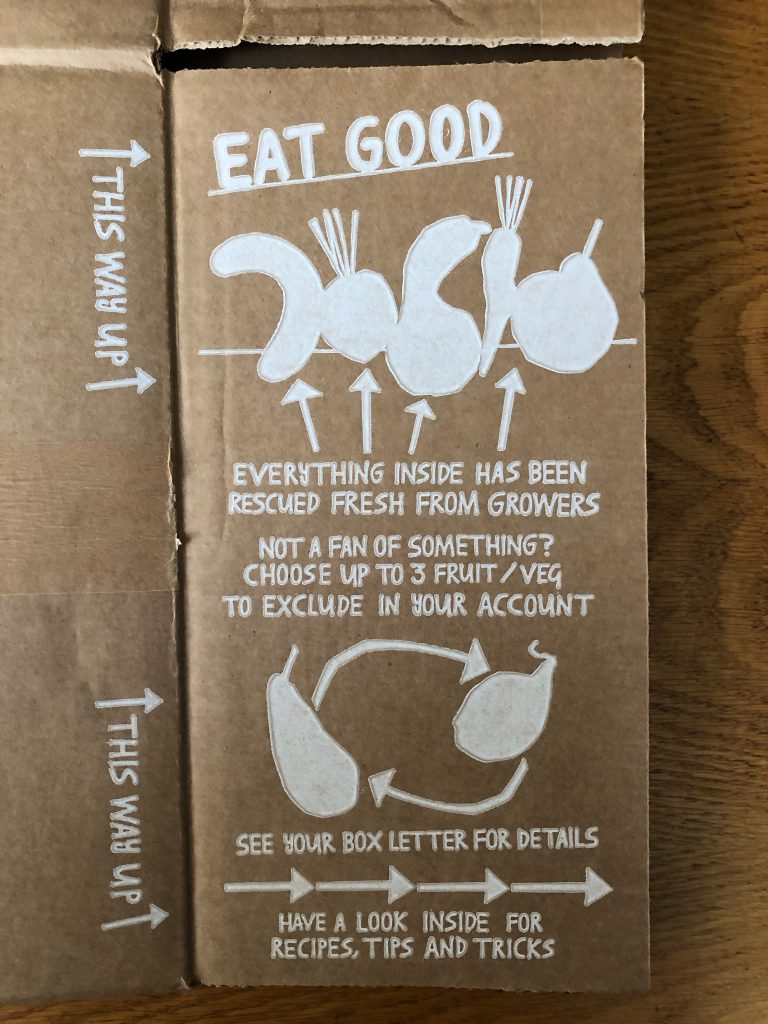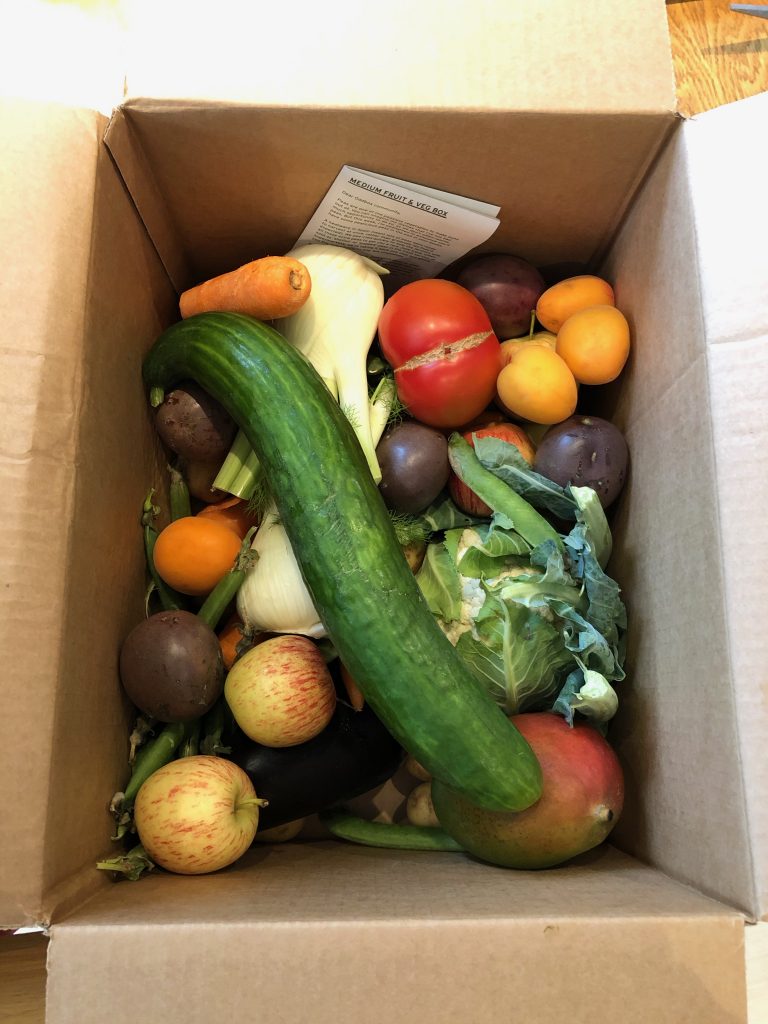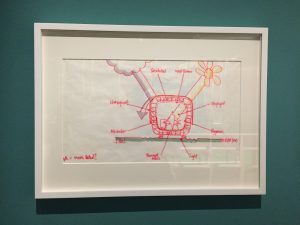Ruthful roots…
As an uplifting end-of-year read and/or last-minute festive gift, I’d like to recommend Roots of Happiness: 100 Words for Joy and Hope, by all-round word wizard Susie Dent.
“I am on a mission to find light in the deepest darkest corners of our language,” says Susie, on the back cover of her brill book. Lovable language like “forblissed” (extremely happy). “Lost positives” like “ruthful” (full of empathy and compassion) that have fallen out of everyday use, rather than their easily-found negatives.
We could all do with a lot less ruthlessness in the world, a lot more joy and hope. That starts with the language we use between and about each other. Susie’s setting the tone. I’m all ears.
